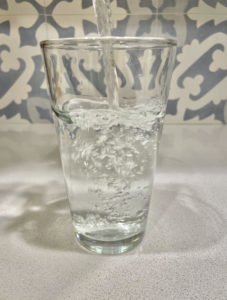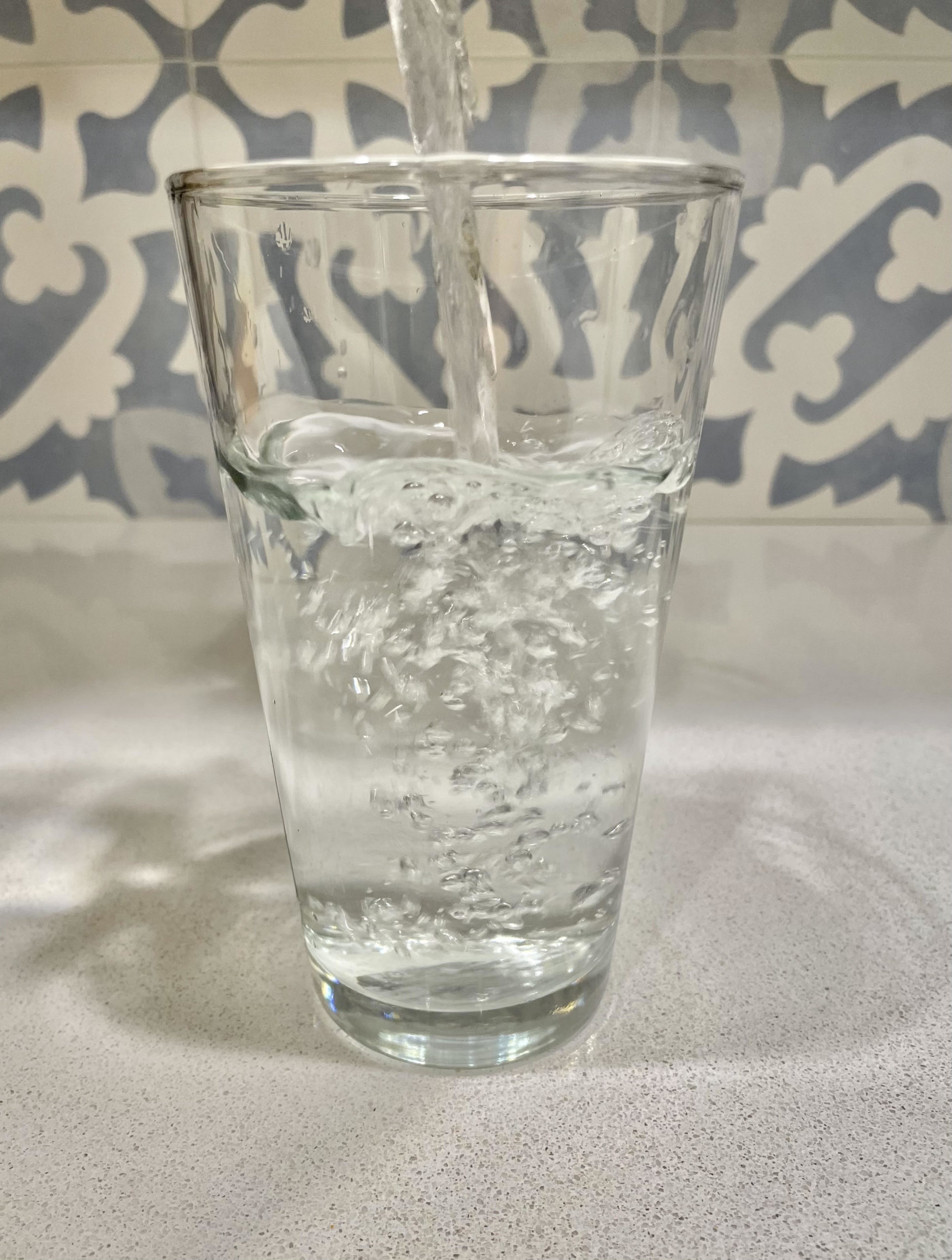
Bergen Beach residents were surprised when they received a notice from the Department of Environmental Protection (DEP) along with their water bill last week, notifying them of a potentially dangerous level of byproduct present in their drinking water.
The byproduct in question, Haloacetic Acid or HAA5 is created during the process of disinfecting water; when the organic materials naturally present in the water come in contact with the chlorine used to kill waterborne pathogens, like Dysentery and Cholera, rendering it potable. According to DEP, increased rainfalls during tropical storms Henri and Ida, stirred up organic materials in the soils within the watershed surrounding the reservoirs Upstate, which they believe could account for increased levels of HAA5.
While a concentration of 0.060 milligrams/liter (mg/L) of HAA5 is considered acceptable, the notice states that 3 of the 20 city-wide water samples collected on November 3, 2021, had average annual concentrations that exceeded the standard limit, only 1 of which was in Brooklyn and is listed only vaguely as zip code 11235, with a concentration of 0.062 mg/L. The zip code 11235 is only shared by three neighborhoods: Sheepshead Bay, Brighton Beach, and Manhattan Beach, yet the notices were received by customers in Bergen Beach as well, where the zip code is 11234, leaving residents to wonder just how widespread the contamination is. Where in 11235 was this sample taken? If it came from a water supply facility in 11235, does that facility serve other communities as well? How does it all work?
Most of us haven’t a clue and take our tap water entirely for granted. We really don’t what’s in it, what’s done to it, where it is sourced or what entities are handling it; only that it flows through our pipes and comes out of the faucet when we turn it on. Only now, as this situation is developing, have some local residents begun to ask these questions.
“They say it’s not an emergency; that we can still drink the water,” explained Lorraine, a Bergen Beach resident, “but at the bottom of the notice it lists all these studies about the potential health risks of long-term exposure like cancer, organ damage, infertility, so I’m not taking a chance. I will be drinking bottled water until further notice. My dog will too, but not my husband, he refuses to.” “We don’t know what’s in the bottled water either,” her husband Carmine interjected, “I’m not losing sleep over it,” he said, waving off her concern. However, Lorraine is not the only one worried about HAA5.
Parents who have followed the advice of their pediatricians and have been giving their infants tap water to ensure they are getting enough fluoride are worried. Others are asking if boiling tap water will remove HAA5 or if it will simply release the chemical into the air as vapor. Some want to know if a standard charcoal-based water filter will do the trick. One neighbor is even wondering if it is safe to shower or bathe in the water, but none of these questions have been addressed in what appears to be somewhat of a preliminary notice.
In the meanwhile, DEP has advised residents that they have the situation well in hand and are taking “a multi-step approach to correct this “exceedance”. They say they will know by the next quarter, if the adjustments they are making have corrected the condition. To review the notice yourself online, you may visit www.nyc.gov/dep/haa5 or call 311 to request a copy.

